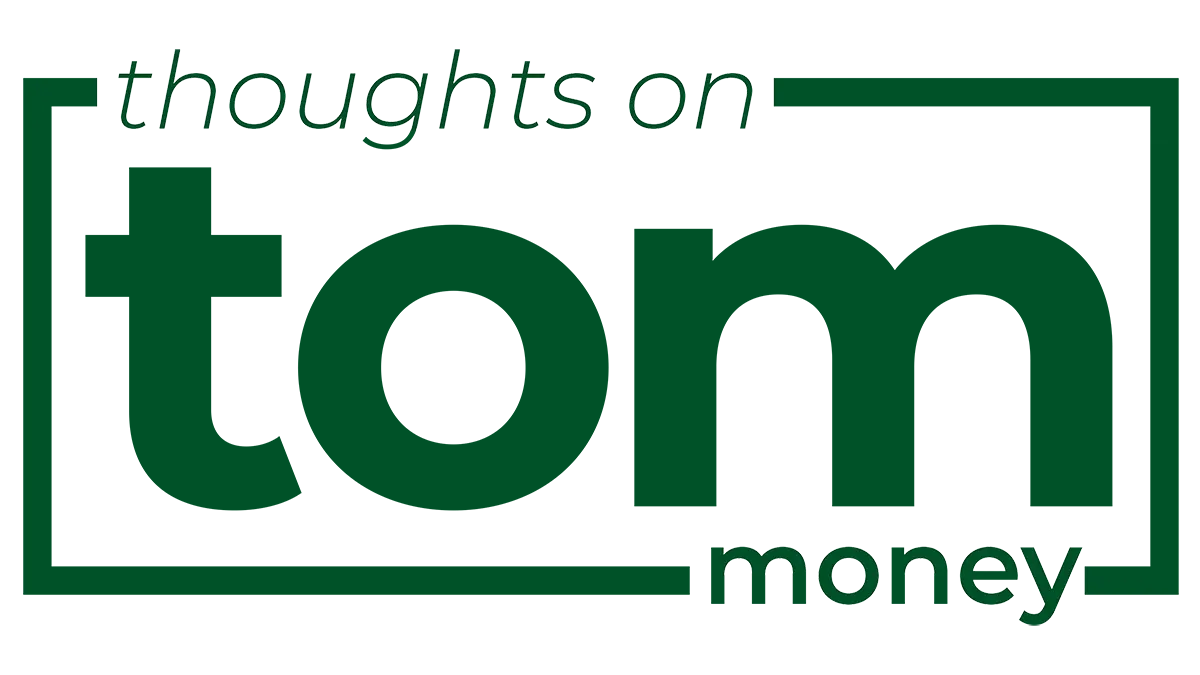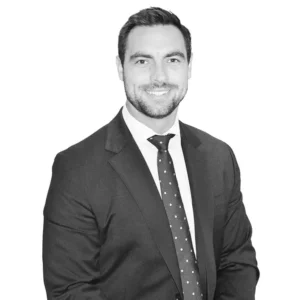There are different ways people deal with stress – some healthy, some not.
Me?
I like to organize. Yup, as weird as that sounds, when I’m stressed, sometimes organizing the junk drawer is my only source of relief. Something about just putting everything in its place gives me a little peace.
A few years back, we installed some ceiling racks in the garage. Putting everything in storage bins and tucked away was true bliss.
With that said, I do bring this same desire for order and organization to my personal finances. I value simplicity, cleanliness, and everything being where it should be.
Opening a Donor Advised Fund (DAF) gave me a similar bliss to that of those ceiling racks. Yes, as nerdy as that sounds, getting our family’s giving organized brought me a lot of peace. I figured today we could discuss what a Donor Advised Fund is and some of the benefits my family has experienced from resourcing a DAF.
What
We will start with the “What.” What in the world is a DAF? Here is how Fidelity answers that question:
A donor-advised fund is like a charitable investment account, for the sole purpose of supporting charitable organizations you care about. When you contribute cash, securities or other assets to a donor-advised fund at a public charity, like Fidelity Charitable, you are generally eligible to take an immediate tax deduction. Then those funds can be invested for tax-free growth and you can recommend grants to virtually any IRS-qualified public charity.
Again, relatively simple. One can donate cash or investments into the fund, receive a charitable tax deduction, and then send a grant (sending money from the fund directly to a charity) at a future date.
Now, perhaps this goes without saying, but before you plan to use a DAF, you should consult your financial advisor and CPA. It’s important good to resource your team of financial professionals to assure that you cross every “t” dot every “i” and understand all the particulars.
Why
If this is a new concept to you, the next appropriate question should be, “Why not give directly to the charity?” You’ve heard me state that I am a glutton for simplicity, and this [DAF] feels like it is creating an unnecessary intermediary, right? So, let’s now talk about the “why.”
First, if you have highly appreciated investments (e.g., stocks), donating these securities vs. cash can be advantageous. Why? Because when you give an appreciated stock that was held long term (+12 months), you glean the charitable deduction of the security’s market value, AND you avoid paying the capital gain. If you were to sell the security first then donate the proceeds, you would have realized a gain triggering a potential tax liability.
You can donate stocks directly to charities, but sometimes it can be a bit of a cumbersome process, so the DAF becomes a seamless and straightforward repository to receive these stock donations.
Secondly, the DAF is a time machine. Wait, what did he just say? Yes, you heard me right; the DAF is a time machine. This time machine allows you to make donations to the DAF, glean the tax benefit NOW and send the gift/grant in the FUTURE. This means that an investor can lump donations into a single tax year most beneficial to their particular situation. For some, this may be relative to a sizable liquidity event, and for others, they may just lump multiple years of gifts together to itemize vs. using the standard deduction. (If this terminology or concept is not familiar, please do reach out to your advisor or feel free to email me at tom@thebahnsengroup.com for more clarity).
+ Plus
The benefits of (1) donating securities and (2) being able to control some of the timing around the deductions/grants are reason enough for my family to resource the DAF.
But wait…
There’s more 😊
Here are a few other highlights that our family has appreciated about the Donor Advised Fund:
- First Fruits
I am not a theologian. Far from it. But for our family, our faith has always been the fuel behind our giving. I’ve read a lot of different perspectives around what giving “should” look like, but I have concluded that this is a very personal decision, and there is no “right” way. With that said, our family has adopted this concept of what we call “giving our first fruits.” Sometime towards the end of the year, we take a look at our finances and try to make an estimate on what the next year will look like. A very simple look at what we will earn, save, and spend. Then we give in December what we want to distribute throughout the next 12 months. It’s our little way of putting giving; first; it keeps with our give, earn, save, and spend financial mantra. The DAF helps to easily facilitate this practice. - Namesake
The darkest moment in our family was losing our son in 2017. The DAF has become a way for us to honor him. Our DAF is named after our son, and charities receive gifts in his name. It feels good to donate in his name. We are very thankful for this feature. - Growth
While these funds await their final charitable destination, they are housed inside an investment account. An investment account can be designed and structured in whatever manner you like. For our family, we have appreciated the growth that our DAF has experienced over the years and the additional dollars that it has created for us to grant. - Legacy
Many of our clients will pass down significant wealth to their heirs. I personally have learned a lot from these clients, and I have had a sneak peek of what these different life stages look like. My assumption is that if our family is prudent and wise around how we give, earn, save, and spend, then there should be a surplus at the end. Perhaps a significant surplus. Of course, I want to bless my family and leave an inheritance, but I also want to leave a legacy. I’m sure my kids will inherit some wealth, but they will also inherit the responsibility of where to grant this DAF. During our lifetime, that is our responsibility – my wife and I – but one day, when our tour of duty is done, we will pass the torch via the DAF. - Budget
Remember, I am the guy that goes out and organizes the garage to find peace. I like structure. I like organization. The money in the DAF is meant to be given away, and this has created a much more free-spirited Trevor when it comes to needs that arise. The DAF has unleashed some spontaneous giving that just wasn’t there before. I don’t love saying it that way, but I know it’s true. I am not budgeting for these spontaneous gifts. The monies are already locked, loaded, and ready to go in the DAF. - Tax Season
So, yes, I love organizing, but I despise organizing and collecting all my tax documents. I dread it each year. Prior to using the Donor Advised Fund, I had to chase down all sorts of different receipts – big and small – from a wide array of different organizations. Not anymore. Everything runs through the DAF, so I only have one charitable receipt to provide my CPA. - Looking Back
Sometimes life just moves too fast. We don’t always slow down to look back and take inventory of what’s happened. Yogi Berra said, “You’ve got to be very careful if you don’t know where you are going because you might not get there.” I remember listening to a recording of Steve Jobs giving a commencement speech at Stanford and talking about how it’s easy to connect all the dots in hindsight. Job’s went on to share about how big of an impact his elective calligraphy course had on the design of Apple’s OS. For me, the DAF provides a very concise recap of everywhere we have given since the fund’s inception. It’s good to slow down and just look at this both to take joy in the blessings distributed and see where you are “invested.” Because as the biblical author Luke tells us, “For where your treasure is, there will your heart be also.”
Fulfilled
We’ve all seen it before – the excitement on Christmas day for that new toy or gadget. And we all know that over time, that “new car” excitement fades and diminishes. Every once in a while, though, you will come across something that’s just a great tool that retains its place and utility for the long haul. For me, the Donor Advised Fund is one of those back-pocket financial tools.
From what you read above, I hope you can see both the practical and emotional reasons why this tool finds a prominent place in our family’s financial plan. I hope this short descriptor and my perspective have been helpful.
Until next week…





